https://www.dailythanthi.com/News/Sirappukatturaigal/2019/08/31154307/New-Consumer-Commission-Regulating-Counterfeit-Goods.vpf
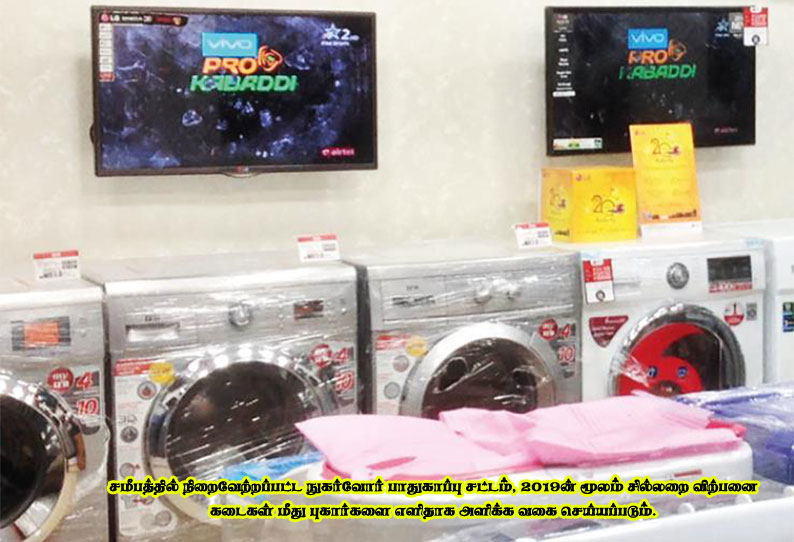
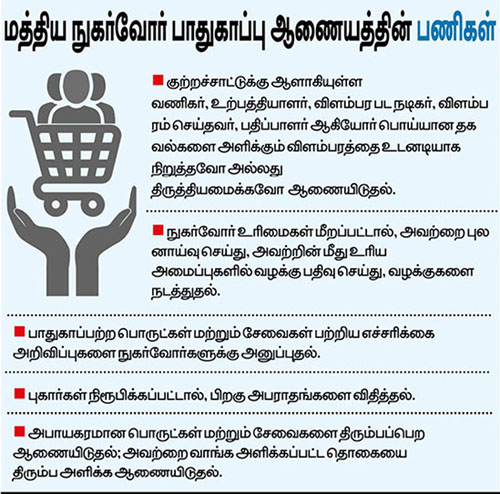
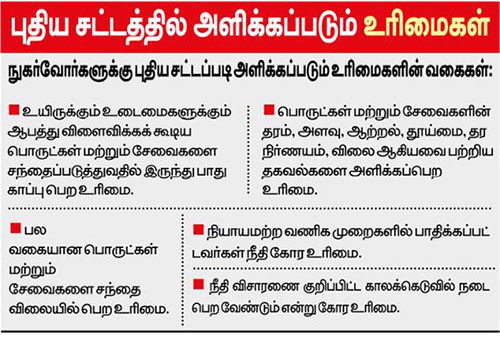
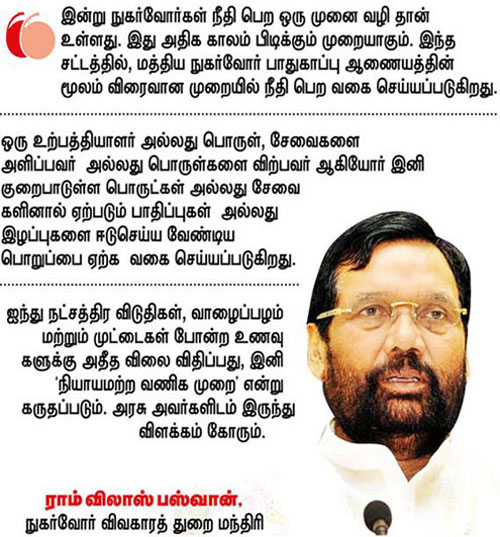
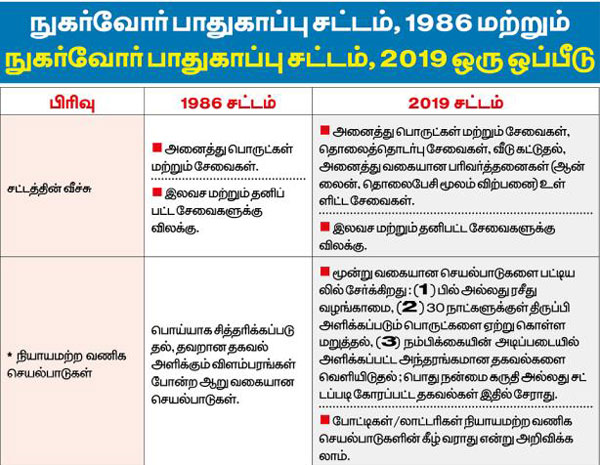
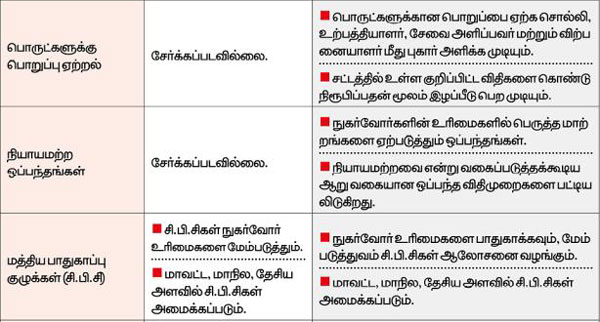
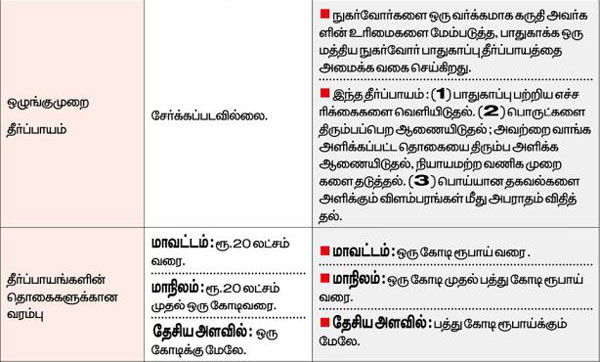
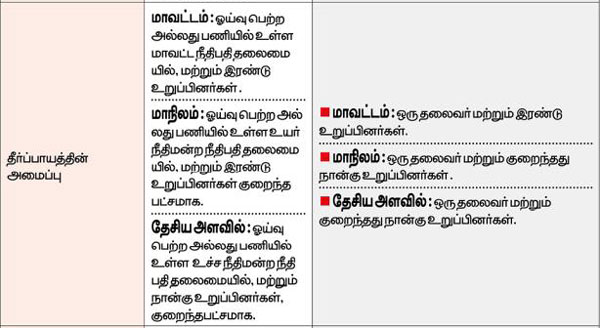
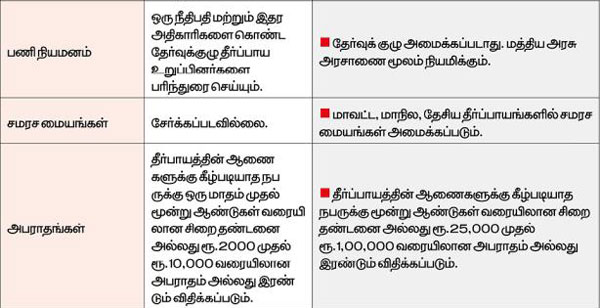

https://www.dailythanthi.com/News/Sirappukatturaigal/2019/08/31154307/New-Consumer-Commission-Regulating-Counterfeit-Goods.vpf












GREEN ACTION FUND 2020 – GRANT RECIPIENTS
Malnutrition is a public health
problem. BSSC will conduct an awareness campaign about the consequences of
malnutrition to contribute to social change amongst target communities. The
awareness campaign will seek to empower actors together, aiming for heads of
households to pool resources to improve the nutritional status of children
through promoting balanced diets and local food resources with high nutritional
value. The pooling of resources will strengthen the financial capacities of
households through mutual health insurance and contribute to food security.
Leftover (often expired) medications can create problems
for human health and cause pollution to the
environment when disposed of. In 2018 and 2019, ABUCO worked with the Ministry
of Health in Burundi to raise awareness among communities in Bujumbura of the
health and environmental risks associated with improper disposal of expired
medicines. In 2020, ABUCO aims to spread their educational awareness campaigns
and promote collaboration between communities and local authorities to protect consumer
health and the environment. A platform for the community to collect unused
medications together will be established.
ADECO’s "Green
Community" campaign aims to inform, sensitize and educate communities,
consumers and Cape Verdean society in general about sharing organic waste,
seeds and agricultural products between communities. The campaign also aims to
teach techniques of regenerative agriculture systems and organic composting
with a focus on environmental preservation and sustainability, promoting
healthy food for consumers and the self-development of disadvantaged
communities, with a specific focus on female empowerment. The campaign will
create a sharing platform for communities to share knowledge and skills and it
will implement the techniques of regenerative agriculture systems and organic
composting in the agricultural community of Vila das Pombas, Santo Antão
island.
CUTS Ghana’s project aims
to promote a shift in consumption patterns
to improve the quality of life
in Accra without increasing environmental degradation. The project
centres on women and will create
awareness of unsustainable social trends and irresponsible consumption through
encouraging dialogue among different actors in society (e.g. school students,
college students, teachers, urban residents, restaurants, civil societies,
government officials) on sustainable consumption behaviour through exploring
different digital technologies and creative collaborative actions to reduce waste.
Many Kenyan consumers lack awareness
and information about counterfeit goods, illicit goods and poor services. Kenyan consumers are not aware of how to insist
on goods which facilitate sustainable consumption. To mitigate
these problems, KCO aims to inform consumers of their consumer rights and encourage
behaviour change to more sustainable patterns of consumption by organising
exhibitions showcasing
sustainable goods and services and demonstrating the excellent nutritional
levels of indigenous vegetables. Community advocacy group discussions will be
organised to inform consumers about ways of detecting poor quality goods and services
and also to promote greater access to sustainable goods and services.
River Lairi, found in the west of
Kenya, has been a source of water and food for local families for decades: however,
the river ecosystem
is being damaged
by human activity.
YEN’s project intends
to mobilise a community around River Lairi and plant water-friendly
vegetation that will restore the river’s ecosystem and maintain the presence of
water throughout the year. The project is an opportunity to provide a
collective, simple and sustainable solution to a critical water source.
In the populous neighbourhoods of
the Bamako District in Mali, many women and girls do not have access to proper
sanitation. REDECOMA will educate consumers on the importance of sanitation and
establish a sharing platform for tools (such as shovels and protection
equipment) for the community to work together to improve sanitation facilities.
ADDC will promote the planting of fruit (mainly
mango) trees around
school boundaries in Dogo, Niger. Working with two primary
schools in Dogo, ADDC will teach students
about the importance of planting fruit trees and will also give moringa plants
to 100 women. Teaching children
about planting trees will
help to inspire an environmentally responsible community who can share their
knowledge with others. The aim of the project is also to show the benefit of
planting fruit trees and moringa plants to a community: for shade, for a
nutrient-rich food source and income.
The Rulindo district of Rwanda
suffers from water scarcity in the high-lands, erosion caused by steep bare
slopes and a lack of water catchment facilities in agglomerated settlements. ADECOR’s project aims to promote community
awareness of collective rainwater harvesting tanks and create greater
resilience to climate change at the community level. ADECOR will build the
capacity of community members to plan, manage and maintain collective rainwater
harvesting systems to improve community livelihoods, social cohesion and
environmental preservation.
Senegal:
Association pour la Défense de l'Environnement et des Consommateurs (ADEC) ADEC will mobilise the
"Badienou gox" - a body of neighbourhood godmother volunteers created
by the state of Senegal in 2010 and women's groups. The project will be located
in economically disadvantaged areas of the Dakar region (Rufisque, Dakar,
Guédiawaye departments) and ADEC will train and mobilise 200 badienou gox and a
further 10 women's groups to promote micro-gardening to fight food insecurity
by improving access to market garden products during the winter months.
Greater Khartoum is home to 451,000
students in roughly 1,500 schools; consequently, schools are overcrowded and there is a shortage
and absence of sanitation facilities, public littering and a problem of unhygienic food being sold close to schools
by local vendors.
These contribute towards
an unhealthy local environment
affecting both human and planetary health. SCPS aims to build a sense of
community to encourage ownership and accountability towards
the local environment. In 2019, SCPS created a model of eco-schools in 8
primary schools and in 2020, SCPS will build on the success and implement
eco-schools in 8 other primary schools in the Suburb of Arkawit. The
eco-schools will inspire a sense of community
amongst the students
and teach about methods to preserve the local
environment. It is hoped that the
school students at the eco-schools will pass on their knowledge to their
family, friends, neighbors and stimulate greater care for the local
environment.
With most people in Zimbabwe
confined to their households during the COVID-19 lockdown, there has been a
sharp increase in urban firewood harvesting which causes deforestation, indoor
air pollution and health issues for consumers. CCZ aims to promote the use of
alternative, clean and renewable energy sources
to households by introducing energy-saving stoves to urban and peri-urban areas of Bulawayo. The usage of
these stoves can be shared amongst the local community. Communities lack
knowledge on clean alternative sources of energy, therefore, this project seeks
to create a sharing culture of clean energy
amongst communities whilst
reducing the risk of deforestation from urban firewood harvesting.
In Fiji, the culture
of sharing holds
great significance and is known
as “Wasea Nodra
KilaKa Mebaleta Na Nodra
Cakacaka Niliga” (meaning
‘sharing knowledge about
their talents’). CCF aims to foster this notion and bring back traditional
and sustainable forms of farming in Fiji. CCF will create a platform for villages
to share their existing knowledge
on using traditional methods to plant organic vegetables at the community farm level.
The concept of sharing has been
reinvented in India; however, many still do not recognise its importance, with
high levels of consumption leading to unsustainable living. CAG’s project will establish
sharing groups and train women from the local community on the importance of
recycling and reusing resources. Training videos and webinars for different
groups in the community will demonstrate easy ways to reuse resources,
including how to turn used clothes into other accessories and how to reuse
paper.
As a consequence of the COVID-19
pandemic in India, a large number of migrant workers are out of work and in
need of basic provisions, such as food packets, clothes and other household
items. CERC will create a physical sharing platform to share provisions between
migrant workers and local communities and will use social media channels to
spread the appeal. CERC will also use utilise the sharing platform to encourage
the use of proper sanitation tools amongst local communities, especially
amongst primary school-aged children.
The Covid-19 lockdown in India
has led to environmental benefits (such as a decrease in air pollution in
Delhi), however, the need to ensure clean air and environmental protection in
the future is still as pressing as ever. VOICE’s 2020 project aims to promote
sustainable practices and a culture of community protection of the environment.
Through the use of educational tools and awareness campaigns, VOICE
will encourage community groups towards green
practices such as reducing the use
of chemicals, using natural resources and waste management. VOICE will
particularly focus on motivating, training and educating school students and
women towards environment protection so that they can train others.
YCI aims to encourage urban
consumers to jointly cultivate organic vegetables and fish to meet their own
needs and for sale to others. The project will increase the food security of
households, increase
community income and protect
local biodiversity. YCI will train consumers about healthy food and the
importance of sharing resources in communities, provide urban farming and fish
farming equipment to communities to encourage the use of local resources to
meet daily needs, and educate on the benefits of selling crops together as a
community for additional income.
Hazardous pesticides, which are
linked to adverse effects on human health and the environment, are often widely promoted, sold and used
in Malaysia. CAP’s
project will establish a platform to share safe solutions to pest control
amongst students, farmers,
gardeners and the public. Specific
training will be conducted on safe methods of pest
control for women. Additionally, CAP will conduct advocacy work to ban
hazardous pesticides that are used in Malaysia and urge stringent enforcement
on illicit pesticides sold in local markets.
Rapid urbanization and a
consumption-oriented economy have triggered severe environmental problems in
Kathmandu, Nepal. Youths represent around half of the total population in
Kathmandu and
many follow unsustainable consumption habits. SEWA’s
project aims to change the behaviour of youth in Kathmandu by creating a ‘Sharing Community’ using a farmers
market as an intervention
point. The project will focus on empowering youth through field exposure and
interaction with farmers, as well as workshops and mentorship on
sustainability, recycling, upcycling, organic farming and e-commerce.
TheNetwork’s project is inspired
by the 2020 economic survey of the UN Economic and Social Commission for Asia and the Pacific
that suggests that consumers should
choose sustainable lifestyles. TheNetwork proposes to train
groups of university students on the concept of nudging and how to utilise
nudging in a subtle yet effective way of causing behaviour change towards
sustainable consumption, and encouraging sharing of resources within
communities as the foundation of long- term
sustainability. Nudging through
the promotion of the universal message “What`s Mine
Is Yours” will stimulate
swapping, sharing, bartering, trading and renting.
The majority of Lebanese
consumers buy plastic gallon packages for drinking water. CL’s ‘One Seed, One
Community’ project aims to reduce plastic waste at the household level. CL will
collect the used plastic gallon packages, clean them and distribute them to
other groups with seeds and seedlings inside. Those who receive seeds and
seedlings will be traced by a serial number and the donors of their seeds
can follow up on the growth of the plants
in their donated
gallon packages via social media. This will create a sharing community
and growth of an online platform at the household level and will additionally prevent loneliness, a
consequence of the Covid-19 lockdown.
Many consumers
in Yemen face exposure to food poisoning and foodborne illnesses. YACP’s
project will promote
awareness amongst consumers of their right to a healthy, safe, sustainable and
disease- free diet. The aim is to increase awareness of the importance of food
safety to reduce the spread of infectious diseases and epidemics of the
post-purchase stage by allowing communities to participate in practical
experiences of implementing food safety measures.
Tribuna’s project
seeks to bring together consumers, service providers, academics, opinion leaders and representatives of urban and organic
agriculture to create
a collaborative network
that exchanges information on
responsible consumption, health and economic development. Tribuna will create a
digital network and a virtual classroom to share knowledge on collaborative
consumption and their social, economic, cultural, and environmental benefits.
CEJ will work with Tianguis del Recycle and the Producers
Fair in Mexico
to promote circular
economy practices to increase
the exchange and consumption of sustainable products
as well as reduce waste. CEJ’s campaign will provide information on waste and labelling to
allow consumers to exercise their right to information and education. Consumers
who consequently clean and separate waste will receive an Exchange Coupon to be
exchanged for merchandise from a network of organic producers and small local and home businesses, 90% of which are led by women
who due to COVID-19 have lost
about 70% of their sales.
ASPEC’s project will centre
around the development of a virtual
platform to help
consumers exchange goods and
discourage consumerism. The platform will connect people who want to donate a
product to those who need the products. The campaign will promote sustainable practices of sharing
amongst communities and use collaborative social awareness campaigns to
encourage care for the environment. ASPEC also seeks to help consumers become
more connected during COVID-19, open new opportunities for ‘sharing community’,
care for the environment and emphasise the importance of solidarity.
Congratulations to all grant
recipients.

World Consumer Rights
Day 2014
Fix Our Phone Rights
With an estimated 6.8 billion people owning a
mobile, they can be found in almost every country around the world. More than
just phones, mobiles are now mini computers, giving us access to information
and services that are crucial to livelihoods and health. They are increasingly
important tools that help to empower citizens and consumers. But mobile rip
offs are also commonplace – from holidaymakers being stung by four figure
roaming bills abroad, to customers tricked into paying to receive text
messages.
2015
All consumers deserve
the right not just to food, but to healthy food. The rise in diet-related
diseases such as obesity, diabetes, heart disease and some cancers represents a
major international public health crisis. The number of overweight and obese people
continues to rise and, to date, not a single country has been successful in
reversing the increase.
2016
On
15 March 2016, consumer groups around the world added their voice to campaigns
calling on the world’s largest fast food companies to make global commitments
to stop serving meat from animals routinely given antibiotics used in human
medicine. The overuse of antibiotics is creating highly resistant superbugs.
Without urgent action, we are heading for a post-antibiotic era, in which
important medicines stop working and common infections and minor injuries can
once again kill. Visit the campaign
page here.
2017
Our theme for World
Consumer Rights Day 2017 was Building a Digital World Consumers can Trust. More
than 45% of the world’s population is online now, compared with just 1% in
1995. The rapid growth of the internet, mobile phones and other digital
technologies has created opportunities and challenges for millions of consumers
around the world.
2018
Our theme for World
Consumer Rights Day 2018 was Making Digital Marketplaces Fairer.
E-commerce has transformed the way that people shop, giving consumers more
choice than ever before. But it has also raised global issues that we can only
tackle together. In 2017, global e-commerce sales reached $2.29 trillion, but
nearly 70% of consumers worry their digital payments are unsafe. Meanwhile,
half the world’s population are still offline.
For World Consumer Rights Day 2018, we called for access to
fair and secure internet for all, action
against scams and fraud, and better
consumer protection online. To find out more about the theme,
download our background report on e-commerce.
Global action for a #BetterDigitalWorld
This
year 135 members in over 90 countries came together to mark World Consumer
Rights Day. Explore our interactive map to find out how the day
was celebrated in your region.
2019
Our theme for World Consumer Rights Day 2019 was ‘Trusted
Smart Products’.
From smartphones to
wearable fitness trackers, to voice-activated assistants and smart TVs, many of
the products we use are increasingly becoming connected by default.
This World Consumers
Rights Day, we highlighted what consumers want and need from a connected
world and how important it is to put them at the heart of the development of
these digital products and services.
If you would like to
learn more about this year's campaign, you can download our public campaign
outline and Trusted Smart
Products briefing
2020
This World Consumer Rights Day (15
March 2020), consumer organisations around the world joined together to call
for global changes to avert environmental breakdown. The #Sustainable Consumer campaign
rallied over 160 members
in more than 100 countries across the globe, alongside Consumers
International partners such the United Nations, to mark the day.
We urgently
need drastic action to address the global crises of climate change and
biodiversity loss. The decade of the 2020s is our last chance to limit global
warming to 1.5c since pre-industrial times, in line with the Paris Agreement
and to reverse the current trend of wide-scale biodiversity loss.
From
debates, environmental clean-ups and social media campaigns, to radio and
television shows, mobile apps and creative activities with Gen-Z participants,
our members raised awareness of the lifestyle changes consumers can
make to play their part, and what governments and businesses need to do to make
sustainability the easy choice for consumers.
Scroll below to explore our #SustainableConsumer
blog series featuring perspectives from consumer advocacy, civil
society and industry leaders. For insight on the specific activities and impact
of the campaign in each country and region, see our Interactive
Map and Live blog from
the day.
2021
World Consumer Rights Day is an
annual occasion dedicated to highlighting the power
of consumers and their rights for a fair, safe and sustainable marketplace for
everyone.
This World Consumer Rights Day (15
March 2021), consumers will join together to Tackle Plastic Pollution.
We are currently facing a global
plastic pollution crisis. Although plastic can be a highly useful material in
everyday life, our consumption and production of plastics have become
unsustainable.
The Pew Charitable Trusts &
SYSTEMIQ report, Breaking the Plastic Wave, released in August 2020,
calculates the flow of plastic materials into the ocean will triple by
2040 if major innovations and changes in policy and behaviour do not occur.
Now is a critical time in
highlighting, addressing, and tackling plastic pollution as the global COVID-19
pandemic adds to the rise of single-use plastics including face masks, gloves,
and food packaging.
உலக நுகர்வோர் தினத்தையொட்டி நுகர்வோர் விழிப்புணர்வு வாரம் கொண்டாடபடுகிறது இதனை முன்னிட்டு பந்தலூர் அருகே கரியசோலை அரசு உயர்நிலைப் பள்ளியில்...